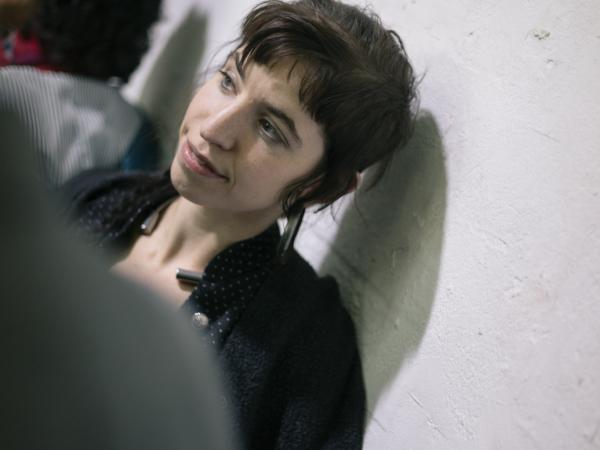arte commerciale
“As far as art is concerned, it is clear that some of its golden ages lack any type of relationship with the general development of society and therefore with its material basis, the backbone of its organization.” said Marx in 1857 and as such today it seems to be a concluded project. Like any instruction manual for an electrical appliance we can say “Being an artist has never been so easy or enjoyable.”
We thought there would be an angry reaction to our “Manifesto for a commercial art” instead, we never imagined that the annoyance of the artistic pose and for the sublime romantic would lead many artists to take up our thesis as a liberation or at least as something of interest, neither did we expect some galleries to welcome us.
"Fortunately art is a market, we deify the former because in the first place we have especially deified the latter.” said Regis Debray. Now that art, if it still has an excess compared to the rules of the Market, is left to the taste of people paid by the Market itself, and we are no longer ashamed to immerse ourselves in it.
We have written the Manifesto as a liberating experience, we have spread the word through the usual means of the Market (blogs, mail, social network) seeking an audience in a completely anarchic waythrough the archives found in specialized web sites or scavaging through our book shelves. Does a measure of the results of our work exist? Maybe not, but we have the data from our blog: in three months there have been 1800 contacts, of which 100 from the USA, 66 from Germany, 21 from the UK, 20 from Russia and even some from Singapore and South Africa.
Our Manifesto is like the philosophy of Merleau-Ponty which “recognizes having inseperably the taste of evidence and the sense of ambiguity”. The performance that we have drawn from this experience is also ambiguous and evident, an almost baroque work on art and its Market. The project was presented in Udine in a collective (restarting from you), and was composed of an audio installation with readings of some of the responses added to the manifesto (anonymous readers with deformed voices reading anonymous authors), the distribution to the public of the Manifesto by a homeless person employed for the event, the sale of a cd with various versions of the audio at a symbolic price. Commercial art shouldn't be expensive but accessible.
Sartre said “You know that falling in love with someone is an enterprise. You need an energy, a generosity, an acceptance. There is even a moment at the beginning in which you need to jump the precipice, if you reflect on it, you don't do it.” We want to extend our experience and produce a participative movement which knows how to jump into the Market with love. So Jump!
And for the next experience, seeing that fundamentally our biography starts from here, “Catch me if you can” as Natalia Molebatsi once said.








Comments 4
comunque è osservazione giusta, anche se proprio il senso della nostra ricerca attuale è scoprire se esiste un margine, magari innovativo, di immersione nel mercato e nelle sue regole, senza infingimenti, e l'espressione artistica. forse reificare è piacevole
non si tratta di non vederne o conoscerne gli effetti, si tratta di fuoriuscire dalle tecniche di "cattura" senza rimanere marginali.
di questo vorremmo parlare
Say something